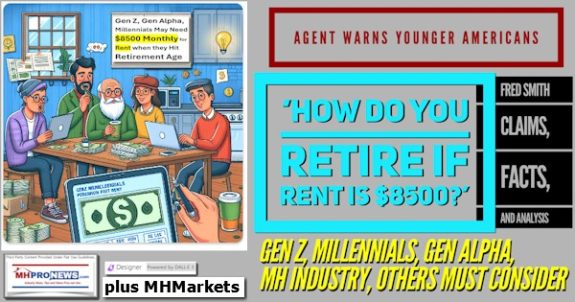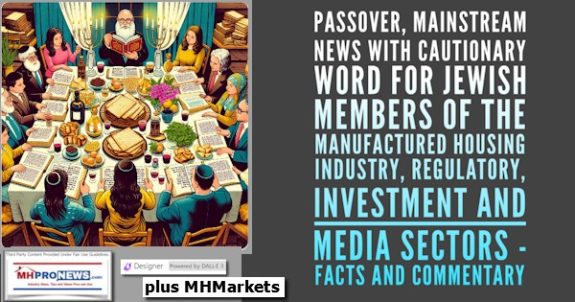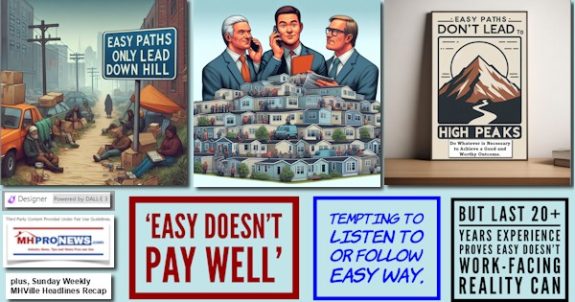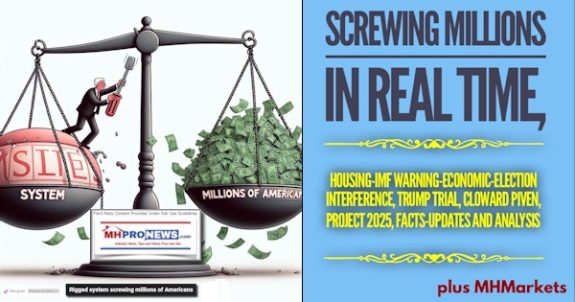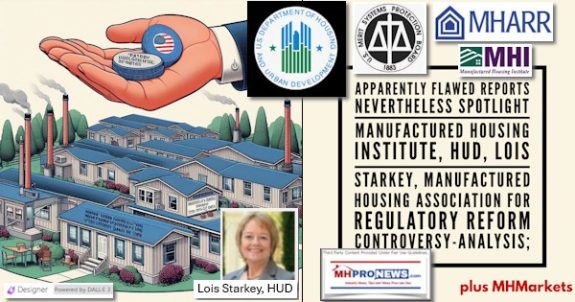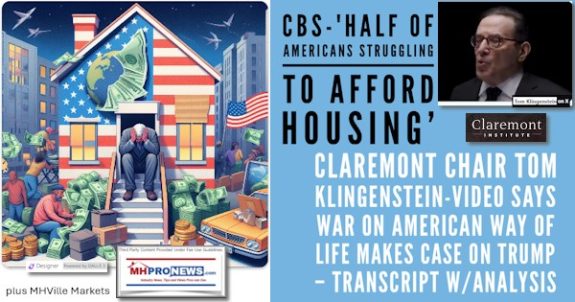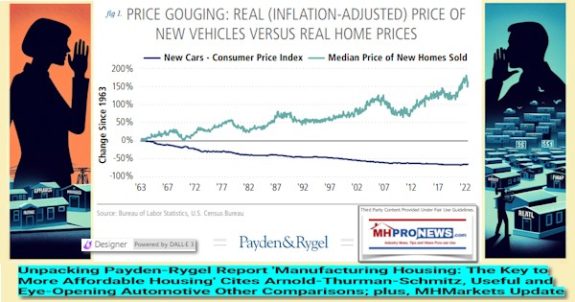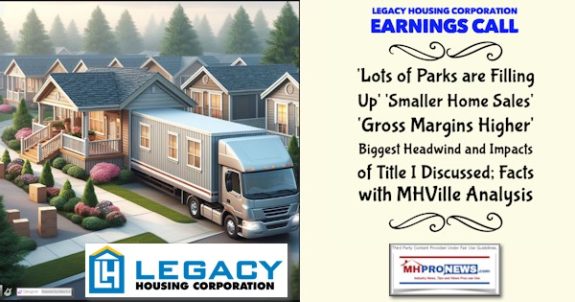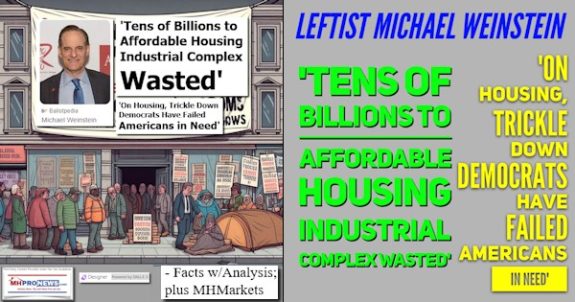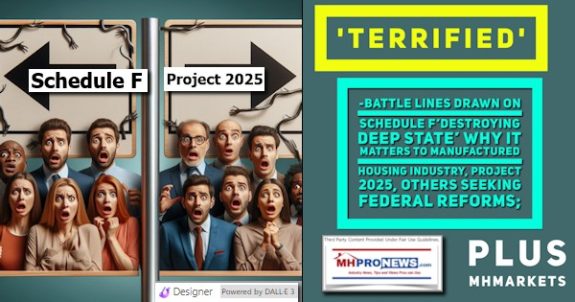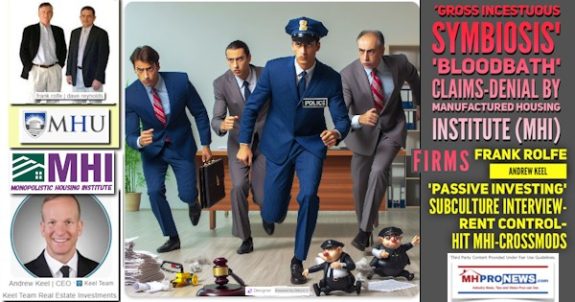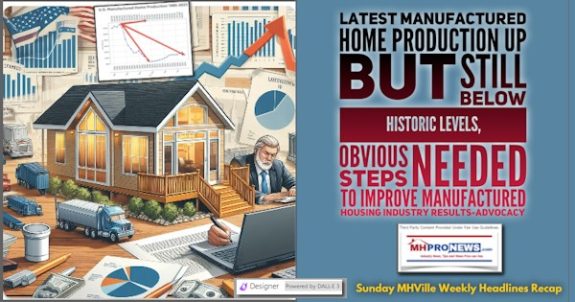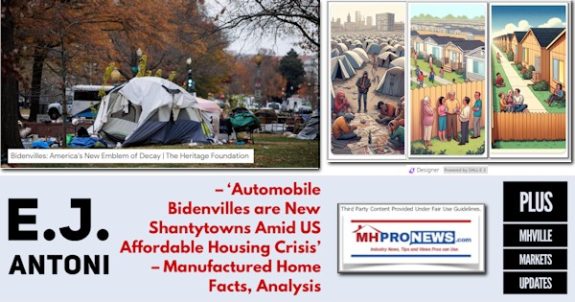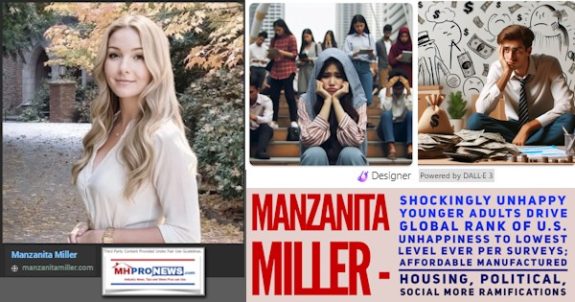Washington, DC – In an effort to protect more than 22 million Americans living in manufactured homes, Congressmen Stephen Fincher (R-TN), Bennie Thompson (D-MS), and Gary Miller (R-CA) today introduced the bipartisan Preserving Access to Manufactured Housing Act to protect the availability of financing for affordable manufactured housing, a critical resource for low and moderate-income families across the country.
Specifically, the bill would amend the Dodd-Frank Wall Street Reform and Consumer Protection Act (Dodd-Frank) to change the criteria by which home loans are classified “high-cost” while keeping in place strong consumer protections.
“Low-income families across the country, particularly in rural areas, depend on access to financing for affordable manufactured homes,” said Nathan Smith, Chairman of the Manufactured Housing Institute. “Not only are manufactured homes the largest form of unsubsidized affordable housing in the nation, but the manufactured housing industry is also a job creator and an important economic driver in many communities. We thank Representatives Fincher, Thompson and Miller for fighting to protect manufactured homeowners and our industry.”
Earlier this year, the Consumer Financial Protection Bureau (CFPB) decided, through a rulemaking process required under Dodd-Frank, that all purchase loans – including mortgages on manufactured homes considered personal property – will be covered by the Home Ownership and Equity Protection Act (HOEPA). Under these guidelines, effective in January 2014, a large percentage of small-balance loans used for the purchase of affordable manufactured housing would be unfairly classified as predatory and high-cost. Due to the increased lender liabilities associated with making and obtaining a HOEPA high-cost mortgage, it is unlikely that these loans would be offered to homebuyers, denying access to necessary credit for new and existing manufactured homes.
Eliminating this important source of financing would unfairly penalize low and moderate-income homebuyers who do not qualify for traditional mortgage financing needed for single family home ownership; do not have access to limited government-insured and GSE secondary market programs; or live in rural areas where affordable rental housing is scarce or non-existent.
Additionally, millions of families could see the equity they have diligently built up in their manufactured homes wiped out because lenders would be unwilling to provide the financing needed for resale.
“In this case, we believe the CFPB got it wrong,” added Smith. “Homeowners who purchased safe, energy efficient homes that they can afford rather than taking out a loan they could not pay back should not be punished.”
While the cost of originating and servicing a $250,000 loan and a $25,000 loan are the same in terms of real dollars, the cost as a percentage of each loan’s size is significantly different. This difference causes the smaller-sized manufactured home loan to potentially exceed the new thresholds and be categorized as high-cost and often deemed as predatory, even though there is nothing predatory about the features of the loan. Of all the manufactured home loans originated in 2010 and 2011, at least 20 percent would have exceeded one or both of the high-cost mortgage thresholds, with the possibility that number could reach 50 percent.
The Preserving Access to Manufactured Housing Act would amend the thresholds by which designated small balance manufactured homes are classified as high-cost under HOEPA while maintaining the consumer protections from predatory lending practices in Dodd-Frank.
The bipartisan legislation would also clarify that manufactured home retailers and salespersons would not be considered loan originators unless they receive compensation from a lender, mortgage broker or loan originator. The new CFPB definition of a loan originator, also effective in January 2014, is based on traditional mortgage market roles that do not equate with the business model of the manufactured housing industry, including lending and retail sales practices. Without this clarification, it becomes more likely that lenders would be unwilling to finance manufactured home loans, negatively affecting creditworthy low-to-moderate income borrowers that rely both on affordable manufactured housing and the ability to access financing.
Companion legislation is expected to be introduced in the U.S. Senate in the coming weeks.
##
Colleen Murray
Porterfield, Lowenthal & Fettig, LLC






